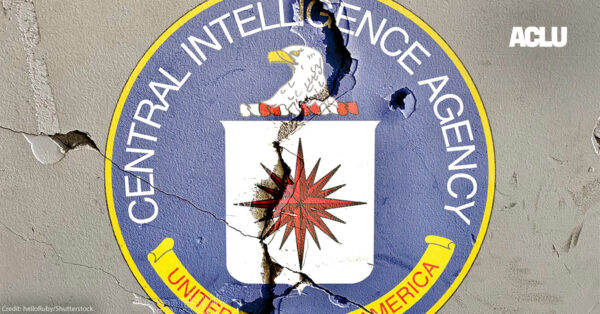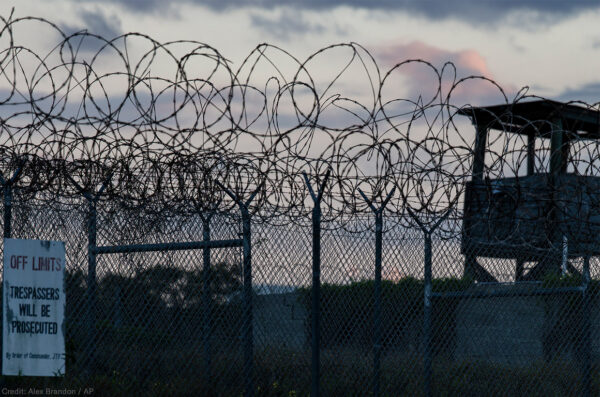ACLU Asks Supreme Court to Hear Guantánamo Attorney’s Lawsuit Challenging CIA’s Excessive Secrecy
This cert petition in Connell v. CIA follows an appeals court ruling that allowed the CIA to continue abusing Glomar responses to evade accountability
WASHINGTON — The American Civil Liberties Union and the ACLU of the District of Columbia are asking the U.S. Supreme Court to review Connell v. CIA, a case that could place important limits on the government's ability to hide behind "neither confirm nor deny" responses to Freedom of Information Act (FOIA) requests when public evidence makes clear that requested records exist.
The case stems from a 2017 FOIA request by James G. Connell III, an attorney for one of the men detained at the Guantánamo Bay military prison who was subjected to the CIA torture program and sent, along with other “high-value detainees,” to the Camp VII facility at the prison. Mr. Connell filed a FOIA request with the CIA seeking information about the agency’s “operational control” over that detention facility. Despite extensive public evidence of the CIA's role there — including a Senate Intelligence Committee report, military commission testimony, and declassified government documents — the CIA produced some records but issued a so-called “Glomar response,” refusing to confirm or deny whether any other responsive records exist.
“The CIA’s claim to secrecy in this case is as extreme as it is absurd, given the extensive public record about the CIA’s connection to Camp VII,” said Brett Max Kaufman, senior staff attorney with ACLU’s Center for Democracy. “The CIA has once again stretched Glomar past its breaking point, and the courts should not be roped into endorsing a patent secrecy charade like this one. We hope the Court takes this rare opportunity to break the CIA’s bad habit of using and abusing Glomar to evade crucial transparency and accountability.”
Mr. Connell represented himself in the district court, and the ACLU became counsel on appeal to the U.S. Court of Appeals for the D.C. Circuit. In August 2024, the D.C. Circuit ruled for the CIA, concluding that courts can only consider the CIA's own official statements when evaluating the legality of Glomar responses. The ACLU’s cert petition asks the Supreme Court to resolve a split between the D.C. Circuit and the Second Circuit, which has held that courts must consider all relevant evidence, regardless of its source, when assessing the plausibility of a Glomar response. As the ACLU’s petition explains, the D.C. Circuit's rule effectively requires judges to "bury their heads in the sand," ignoring even official government documents that contradict an agency's secrecy claims.
The cert petition emphasizes that Congress intended FOIA to end what it called a "period of selective disclosures, managed news, half-truths, and admitted distortions" by those in power. The ACLU argues that the D.C. Circuit's decision instead gives agencies free rein to maintain such distortions through implausible secrecy claims. If left unchecked, this ruling threatens to further gut FOIA's effectiveness as a tool for public oversight of government activities.
This case is a part of the ACLU’s Joan and Irwin Jacobs Supreme Court Docket.

The CIA's Long and Dangerous History of Refusing to Answer Absurdly Obvious Questions | ACLU
Stay informed
Sign up to be the first to hear about how to take action.
By completing this form, I agree to receive occasional emails per the terms of the ACLU's privacy statement.
By completing this form, I agree to receive occasional emails per the terms of the ACLU's privacy statement.


